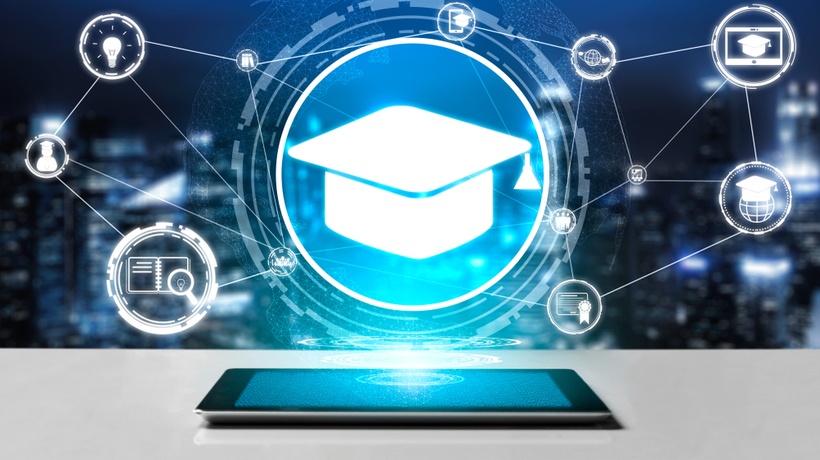The role of ChatGPT Edu in higher education: Five key lessons for educators
The rise of generative artificial intelligence (GenAI) tools such as ChatGPT has sparked significant discussions in the educational sector. Initially met with skepticism and bans by some institutions, these tools have gradually found their place in academia. The ability of these tools to generate well-structured text on a variety of topics has brought both optimism and concerns among educators. As educators navigate the integration of AI into teaching and learning processes, it is essential to ensure that these tools contribute to, rather than impede, educational outcomes.
Transformative potential of ChatGPT Edu
The recent introduction of ChatGPT Edu by OpenAI represents a significant advancement in incorporating AI into higher education. ChatGPT Edu, a version of ChatGPT tailored for universities, aims to responsibly implement AI for students, faculty, researchers, and campus operations. Its benefits include personalized tutoring for students, tailored feedback on resumes, assistance in grant application writing, and support for faculty in grading and feedback.

Key lessons for educators
1. Evaluating AI-generated content: Teaching students how to critically evaluate AI-generated content is crucial. They must learn to cross-verify AI information with primary sources and course materials to enhance their analytical skills.
2. Integration into the curriculum: Educators should proactively integrate AI into the curriculum, including non-marked activities that promote constructive AI use. For example, students can use AI to draft essay outlines that they subsequently refine.

3. Rethinking assessments: Traditional assessments may not effectively measure learning in an AI-driven environment. Continuous assessment methods, such as process-path mapping to track students' learning progress, can provide a more accurate representation.
4. Addressing biases: AI tools like ChatGPT may harbor biases from the datasets they are trained on. Educators should educate students about these biases and how to identify them, promoting critical analysis.

5. Personalized learning: Leveraging AI tools for personalized learning tailored to individual student needs can significantly enhance learning outcomes. Providing targeted support through custom-generated practice questions based on student performance is one such application.
Educational platforms like Quizlet and Kahoot! have already integrated AI to customize material according to users' requirements, showing promising results particularly in challenging subjects.

The integration of AI in education, exemplified by ChatGPT Edu, is inevitable. Its role in enhancing teaching and learning is projected to grow substantially. Collaborating with AI developers and policymakers can ensure that educational tools are designed with pedagogical principles in mind, allowing educators to harness AI's full potential while managing associated risks.




















